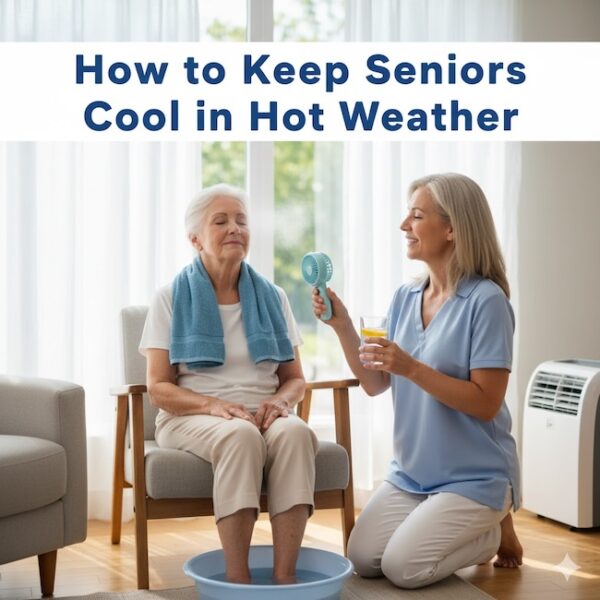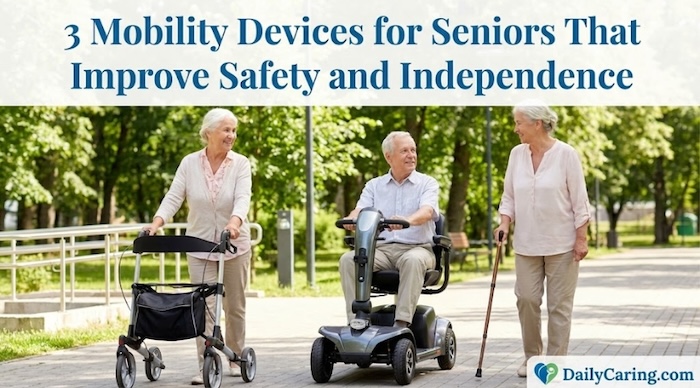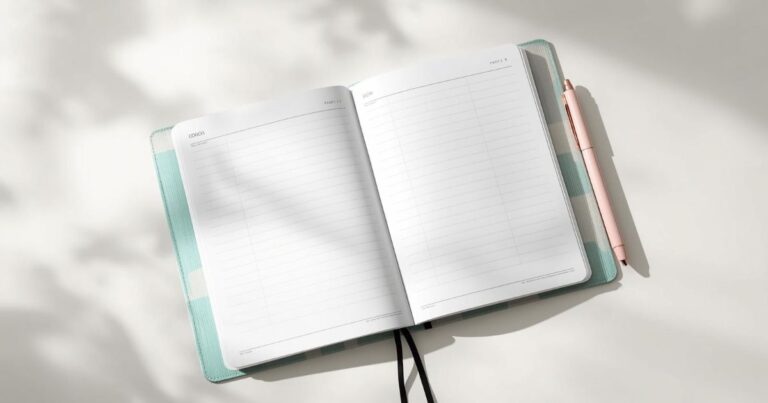As summer temperatures climb, a hot day is more than just an inconvenience for an older adult—it can be a serious health threat. An aging adult's body doesn't adjust to heat as easily as it once did, and common medications can further impair their ability to cool down.
This perfect storm makes them extremely vulnerable to heat exhaustion and heat stroke, conditions that can escalate with frightening speed. But with simple, proactive strategies, you can create a safe, calm environment that protects your loved one.

Here are 10 essential, easy-to-implement tips to help them stay comfortable and secure all season long.
Seniors Are at Risk of Heat Stroke During Hot Weather
Seniors need to be more aware of overheating and heat stroke because their bodies don't adjust to high temperatures as well, and they're also more likely to be dehydrated.
Seniors with Alzheimer's disease or dementia are at even greater risk because they may not be aware that they're overheating or know what to do to cool down.
To keep seniors safe and comfortable, we’ve rounded up 10 practical, senior-friendly ways to help them stay cool indoors.
Why Are Seniors More Vulnerable to Heat?
In hot weather, older adults should stay indoors and avoid strenuous activities because:
- Their bodies don’t adjust as well to sudden temperature changes.
- Chronic medical conditions can change the body's responses to heat.
- Prescription medicines can impair the body's ability to regulate temperature or could actually prevent sweating.
10 Strategies to Keep Seniors Cool in Hot Weather
- Drink plenty of cool water throughout the day (don’t wait until they feel thirsty) and avoid alcohol and caffeine.
- Eat cooling snacks like light-on-sugar homemade popsicles (Tip: catch drips with a cupcake liner), frozen peas, or slightly frozen grapes.
- Eat light, cold meals like chicken or pasta salad instead of heavy, hot dishes like pot roast.
- Place a cool washcloth on the back of the neck, and keep a pan of cool water nearby to periodically re-cool the towel.
- Sit with feet in a pan of cool (but not too cold) water.
- Keep the house as cool as possible by keeping shades closed during the hottest part of the day and/or using inexpensive mylar solar curtains to reduce the amount of sunlight coming in.
- Wear layers of lightweight, light-colored, breathable fabrics like cotton so you can adjust to the temperature throughout the day by removing or adding layers.
- Visit a public cooling center, such as a recreation center, senior center, library, coffee shop, or shopping mall.
- Take a cool shower, bath, or a wipe-down with a washcloth. For maximum cooling, keep the water just below body temperature.
- Cover with a flexible ice blanket, but always use a thin towel to protect fragile senior skin from direct contact with the ice.
Note: If extreme heat is expected to last for weeks, consider buying a portable or window-mounted indoor air conditioning unit. Or contact a local air conditioning store or a chain store like Rent-A-Center to learn about their rental options.
Final Thoughts
Keeping your loved one cool is a fundamental part of their summer care plan. By weaving these simple habits into your daily routine, you're not just offering comfort; you are actively guarding their well-being.
Remember, prevention is everything; it's far easier to stop overheating before it starts than to treat a medical emergency. Your vigilance is their first line of defense. So keep the water flowing, the blinds drawn, and the fans circulating.
Here's to a summer filled with safe and comfortable moments for you and your loved one.
Next Steps: Get 6 more ways to keep seniors cool and prevent heat stroke
Recommended for you:
- 6 Ways to Prevent Heat Stroke in Seniors
- 6 Affordable Products Help Seniors Stay Cool in Hot Weather
- 5 Ways to Improve Quality of Life for Seniors
This article contains some affiliate links. If you buy through an affiliate link on our site, we may earn a small commission, at no additional cost to you. For more information, see How We Make Money.
About the Author

Connie is the founder of DailyCaring.com and was a hands-on caregiver for her grandmother for 20 years. (Grandma made it to 101 years old!) She knows how challenging, overwhelming, and all-consuming caring for an older adult can be. She also understands the importance of support, especially in the form of practical solutions, valuable resources, and self-care tips.














Thanks for this incredible article, I do not like the heat
So glad these suggestions are helpful!